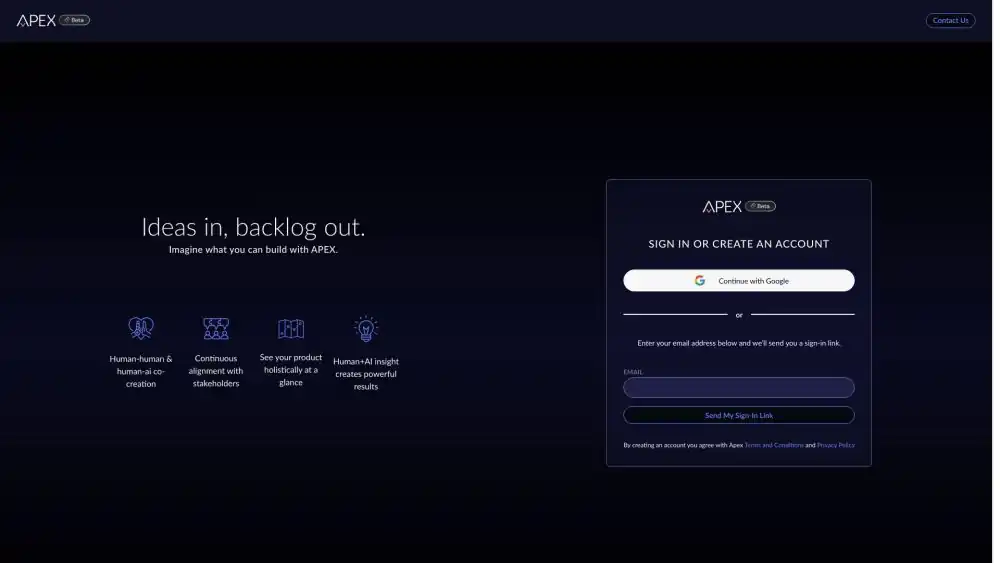Apex: Empowering Developers on the Salesforce Platform
Apex is a strongly typed, object-oriented programming language specifically designed for the Salesforce platform. It allows developers to execute flow and transaction control statements on the Salesforce server, providing a powerful way to customize and extend the platform’s functionality.
1. Apex Code Overview – Salesforce Help
By leveraging Apex, developers can create complex business logic, integrate with external systems, and build custom applications tailored to specific organizational needs. This programming language is essential for anyone looking to harness the full potential of Salesforce.
1. How to Integrate Salesforce Apex with Other Applications
2. Unlock the Essential Salesforce Developer Skill Sets You Need
Would you like to delve deeper into specific Apex features or use cases?
Pros and Cons of Apex
Pros
- Tight Integration with Salesforce: Apex is natively designed for Salesforce, providing seamless access to platform features and data.
- Rapid Development: The declarative nature of Salesforce combined with Apex allows for faster development cycles.
- Security: Salesforce’s robust security model is inherently integrated into Apex, providing a secure environment for application development.
- Cost-Effective: Eliminates the need for separate infrastructure and reduces overall IT costs.
- Scalability: Apex can handle large volumes of data and users, making it suitable for businesses of all sizes.
Cons
- Limited Flexibility: Apex has certain restrictions compared to other programming languages, such as limitations on file handling and thread creation.
- Steeper Learning Curve: While not overly complex, understanding Salesforce’s data model and platform-specific concepts is required.
- Vendor Lock-in: Heavy reliance on Salesforce can limit portability of code to other platforms.
- Performance Limitations: In some cases, Apex performance might not match that of other languages for highly complex computations.
Would you like to delve deeper into a specific pro or con?
Apex Pricing: A Free and Flexible Option
Apex itself is a free component of the Oracle Database. This means that if you already have an Oracle Database license, you can use Apex at no additional cost.
However, there are additional costs to consider:
- Oracle Database License: If you don’t have an Oracle Database, you’ll need to acquire a license.
- Infrastructure: You’ll need hardware or cloud infrastructure to host your database and Apex application.
- Developer Resources: The cost of hiring or training Apex developers.
- Additional Components: If your application requires additional components like integration with external systems, these might incur additional costs.
While Apex is free, the overall cost of developing and running an Apex application depends on various factors and can vary significantly based on project complexity and scale.
Would you like to explore specific use cases or scenarios to estimate potential costs?
Alternatives to Apex
While Apex offers a powerful platform for developing Salesforce applications, there are alternative approaches to consider:
Low-Code/No-Code Platforms:
- Salesforce Lightning: Built-in tools for creating custom applications without extensive coding.
- Other Low-Code Platforms: Platforms like Appian, Mendix, and OutSystems offer broader low-code development capabilities.
Traditional Development:
- Java, C#, or other languages: Building custom applications outside of the Salesforce platform and integrating them using APIs.
Hybrid Approach:
- Combining Apex with other technologies: Leveraging Apex for core Salesforce logic and integrating with external systems using other languages or platforms.
The choice of alternative depends on factors such as project complexity, development team expertise, and specific requirements.
Would you like to explore the pros and cons of a specific alternative or discuss when to use Apex versus other options?
FAQs about Apex
General Questions
- What is Apex used for?
- Apex is used to build custom business logic, create triggers, and develop integrations on the Salesforce platform.
- Do I need to know Java to learn Apex?
- While Apex shares some similarities with Java, it’s a distinct language with its own syntax and features.
- Can I use Apex to build complex applications?
- Yes, Apex is capable of building highly complex applications on the Salesforce platform.
Development and Troubleshooting
- How do I debug Apex code?
- Salesforce provides debugging tools to help identify and resolve issues in Apex code.
- What are governors limits in Apex?
- Governor limits are restrictions on Apex code execution to ensure system performance and prevent abuse.
- How can I optimize Apex code for performance?
- There are various techniques to optimize Apex code, such as bulkification, avoiding SOQL queries in loops, and using indexes.
Integration and Deployment
- Can I integrate Apex with external systems?
- Yes, Apex can be used to integrate Salesforce with external systems through APIs and web services.
- How do I deploy Apex code to production?
- Apex code can be deployed using the Salesforce Metadata API or development tools like the Salesforce CLI.
- What is the best practice for version control of Apex code?
- Using a version control system like Git is recommended for managing Apex code changes.
Would you like to add more FAQs or focus on a specific area?
Apex: A Cornerstone of Salesforce Development
Apex stands as a powerful and versatile language for building robust and scalable applications on the Salesforce platform. Its tight integration, rapid development capabilities, and security features make it a preferred choice for developers. While it has limitations, understanding these and following best practices can lead to successful Apex development.
As Salesforce continues to evolve, Apex will likely remain a core component of the platform, offering developers the flexibility and control needed to create innovative solutions.
Would you like to explore specific use cases for Apex or discuss challenges developers commonly face?
![]()






